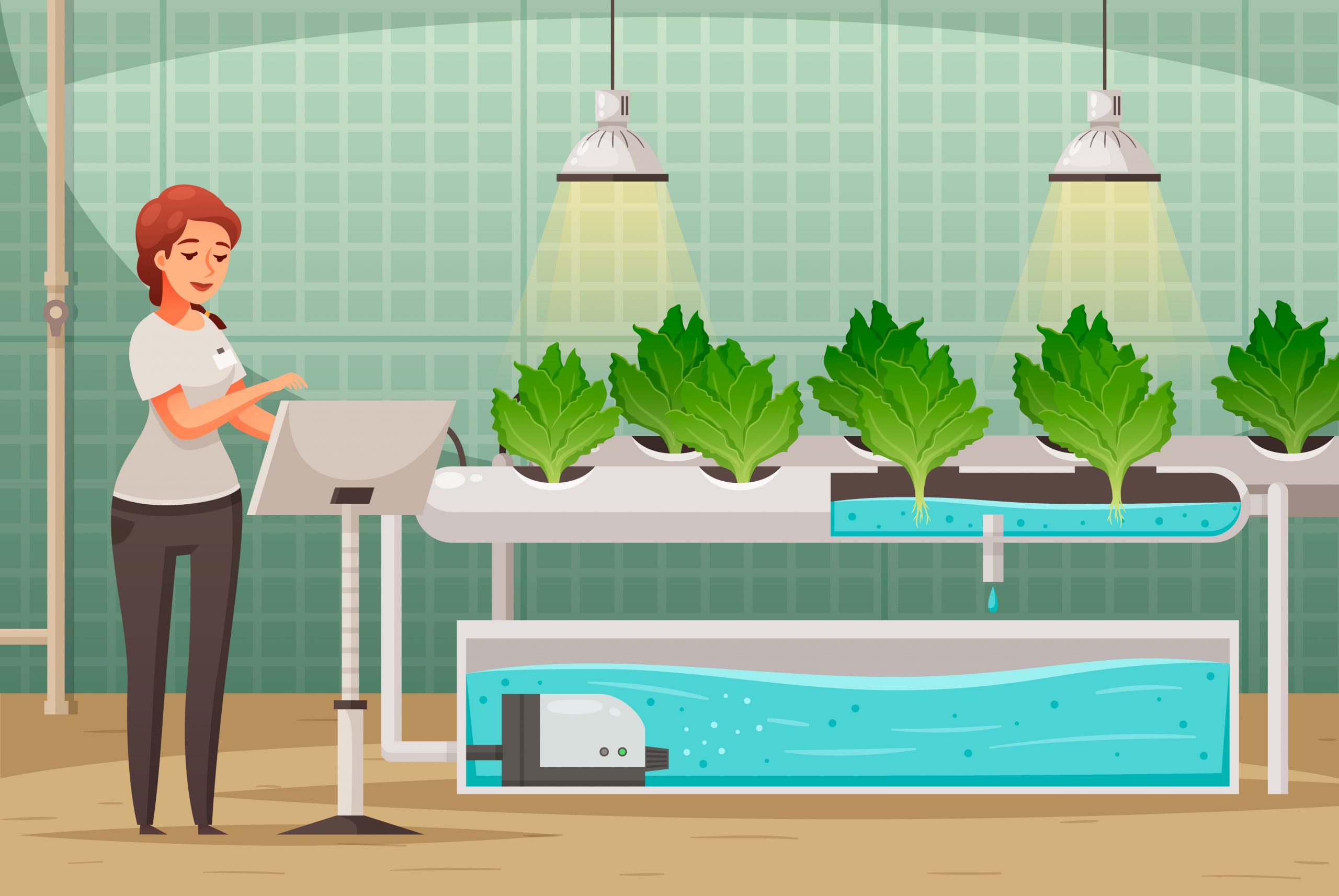Hydroponics is a soil-less method of growing plants using nutrient-rich water solutions. This technology has gained popularity in recent years, as it offers several advantages over traditional soil-based agriculture.
One of the biggest advantages of hydroponics is its water efficiency. Hydroponic systems use up to 90% less water than traditional agriculture methods, making them a more sustainable option in regions where water is scarce or expensive.
Hydroponics also allows for precise control over the growing environment, including temperature, humidity, and nutrient levels. This precision allows for faster growth and higher yields, as well as the ability to grow crops year-round in indoor settings.
Another benefit of hydroponics is that it eliminates the need for pesticides and herbicides, as the controlled environment reduces the risk of pest infestations and disease outbreaks. This makes hydroponic crops healthier and safer for consumption.
Hydroponic farming also offers the potential for increased food security and local food production, as crops can be grown in urban areas and other regions where traditional agriculture is not possible.
Despite its many advantages, hydroponics is not without its challenges. The initial setup cost can be high, and maintenance and operation require specialized knowledge and skills. However, as the technology continues to advance and become more widely adopted, these challenges are likely to be overcome.
Overall, hydroponics has the potential to revolutionize agriculture and offer a more sustainable and efficient way of growing crops. As we face growing global challenges around food security and environmental sustainability, hydroponics offers a promising solution for the future.


